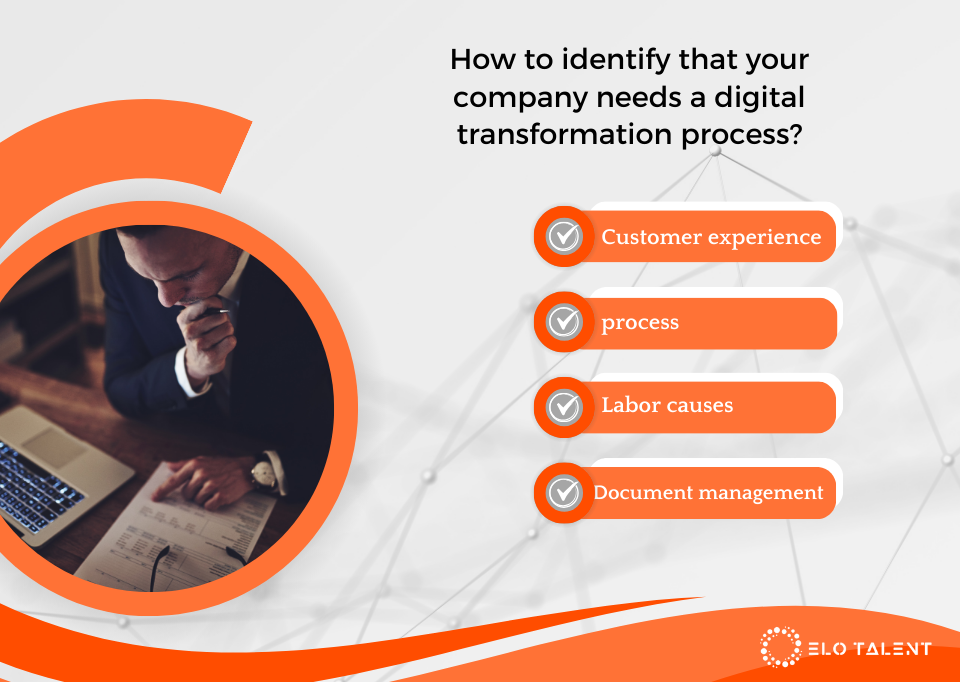Understanding the importance of qualifying and consolidating key mechanisms for a structured venture is crucial. In this context, being able to visualize and identify whether your project requires undergoing a range of massive process changes or the introduction of a new segment is the first step in planning for a more agile organization.
Global Context
The sectors poised for differentiation are those connected with technology interfaces, designed initially to plan and render processes more flexible, thus gaining a stronger position within market possibilities. Not only large companies but also microenterprises must develop an annual strategy plan, continually focused on the future of technology.
- Recognizing and understanding the scenario of companies and addressing the need for digital transformation is the starting point for redefining traditional business segments.
- It’s crucial not to be at a disadvantage compared to other digital culture mediums, staying attuned to the beneficial evolution of business.
Dynamic digital transformation involves selecting groups, individuals, and processes to be guided by the integration of operational models tailored to each sector and demand type. An example is the Analysis Services tool, a Business Intelligence service that creates a multidimensional aspect of a broad database, supporting and guiding employees in decision-making and business data analysis.
CRM Tool
We will explore how digital transformation can positively affect the CRM tool:
Digitization in document auditing enables companies to amass a vast amount of customer data for future storage and analysis. When correctly analyzed, this data allows for large-scale personalization, offering customers unique and customized experiences.
Changes in managerial document processes increase stability and security concerning customer data. This modern tool, equipped with various help desk resources, ensures the smooth operation of activities and technical support in collaboration with other platforms.
Conclusion





